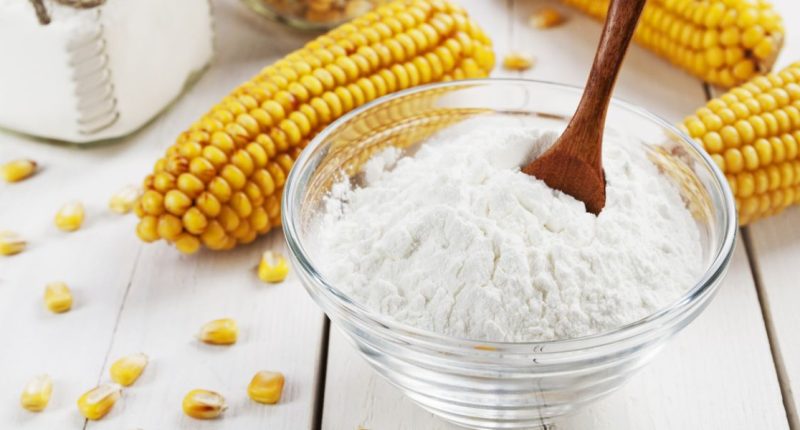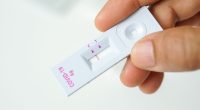Individuals living with irritable bowel syndrome (IBS) are likely to experience fewer symptoms of the condition if they reduce their sugar and starch intake, new evidence has indicated.
A recent study from Lund University in Sweden has found that people with IBS who lower their sugar and starch intake experience the same benefits as those on the FODMAP diet – an elimination meal plan to identify specific food triggers in sensitive people.
A starch and sucrose-reduced diet (SSRD) is also associated with greater weight loss and reduced sugar cravings, the results have revealed.
- Low Carb Diet: Beginner’s Guide
- Ketogenic Diet
- Intermittent Fasting: Guide to Fasting and How it Works
In a previous study, Professor Bodil Ohlsson and a team of researchers examined the health outcomes of 105 adults with IBS while they followed a SSRD for four weeks.
Each participant was also told to avoid eating ready meals during the trial.
The academics found that IBS symptoms were significantly reduced while the participants were following the SSRD.
Common symptoms of IBS include recurring stomach pain, diarrhoea, constipation and tightness in the abdomen.
As part of this trial, the researchers examined how SSRD compared to the FODMAP diet for relieving symptoms of IBS.
Professor Ohlsson said: “We launched this study in 2022 to compare SSRD and low FODMAP. 155 patients diagnosed with IBS were included and randomly allocated to follow either SSRD or low FODMAP for four weeks.
“They were not allowed to have been on a diet at the start of the trial, but rather ate everything.”
Roughly three quarters of the participants experienced improved IBS symptoms, the study has reported.
- Dua Lipa: Pre-workout protein regimen contradicts long-standing belief of carbs before exercise
- People eating refined carbs for breakfast rated less attractive to others
- Low Carb Program review
Those in the SSRD group experienced greater weight loss results and lower sugar cravings than those in the FODMAP group.
Professor Ohlsson said: “We wouldn’t really even call SSRD a diet. It’s how everyone should eat, not just those with IBS. And unlike low FODMAP, SSRD is easy to understand and easier to follow.
“You can eat everything when you are invited to dinner, just less of certain things. If you rest your stomach for the rest of the week, you can indulge a little one day.”
Read the study in the journal Nutrients.





